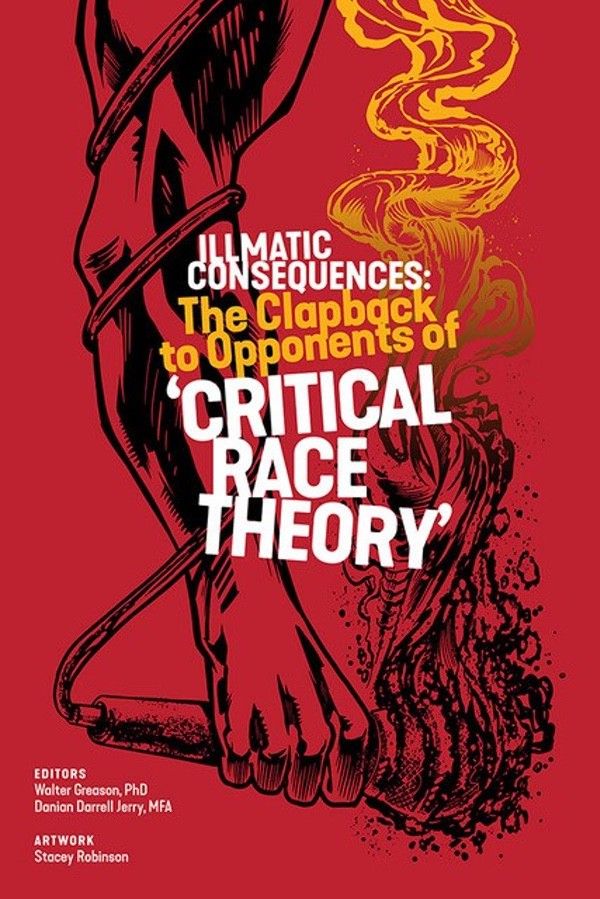Contributing Author/s

Ayo Sekai, Ph.D.
The Headstones Tell A Story: Black and Brown Veterans
The Headstones Tell A Story: Black and Brown Veterans
This Memorial Day, UWP Books want to recognize Black and Brown Veterans who fought to regain agency, be relevant, and be seen by not asking for handouts but earning the rights through the lens of being a human being with agency, to live.
Preceding the American military, where Black people have volunteered to sign up for the greatest sacrifice so that Americans can live free, Black people who have been raped, lynched, castrated, sold, brutalized, and mistreated in unspeakable ways, though stolen and displaced through enslavement, they fought alongside white immigrants who make up the United States.
| “Historians estimate that between 5,000 and 8,000 African-descended people participated in the Revolution on the Patriot side and that upward of 20,000 served the crown. Many fought with extraordinary bravery and skill; their exploits lost to our collective memory. Below are the stories of several exceptional African American figures—a martyr, a poet, and a double agent among them—whose crucial contributions to the conflict have been remembered to history.” (Coleman, 2021). |
Even today, the national cemeteries that mark the headstones and graves of Black veterans have largely neglected to honor people of color who served the way they do their white counterparts. Even in one of the country’s most prestigious cemeteries, Arlington National Cemetery where, “Yet they tell a story central to Arlington and mirror an even larger story of black Americans who lived through the transitions from slavery to segregation.” (Blair, 2019).
It is imperative that while we honor our nation’s Veterans, raising the United States flag, the Secretary of The Veterans Affairs office doing media appearances at well-kept cemeteries across the nation’s 155 national, state, and tribal burial grounds, that Black people who stood the line, are recognized. However, according to Blair from Pennsylvania State University,
| “here rest roughly 3,800 people whose individual stories likely will never be reclaimed and whose actions during a crucial moment in our past shaped the definition of freedom. Many of the headstones contain no name. The situation frustrates me because, whether the bodies have been identified or not, the people within these grounds did not leave records that allow doing justice to their memory. We know only that they were African Americans who died in the vicinity of Washington. More can be teased out of the military records of another 1500 who fought with the US Colored Troops and who also lie in this section.” (Blair, 2019). |
The Department of Veterans Affairs is doing better in this regard by starting a grant program that encourages educators, non-profits, and Veterans Service Organizations to partner and learn the names of Veterans who are interned in our national cemeteries and who remain voiceless (Affairs, 2022). In addition, many Veteran Serving Organizations (VSOs) across the country are working to assist homeless Veterans, etc. (Woolhandler, 2005). However, how many cater to Black and Brown Veterans? How many of their names are spoken in high regard when flags are placed on gravesites? How do we know when there is only the word, citizen or civilian, to render the service of a Black man or woman, or a person of color who served? Furthermore, it is not just in our gravesites, but Black Veterans are still pervasively marginalized across the country because they are nameless, voiceless, and unclaimed (Baker, 2016).
Even on the White House Historical Association’s website, a photograph shows Black enslaved men and women, and even a child, with a slave master whipping them as they move towards the completion of the American’s “White House.” They list registries of names of those who died in this service. We know that Black people created, invented, orchestrated, manifested, you name it; Black people did it and died in service to this country and European countries across the globe (Lockhart, 2019).
The fact remains that throughout the history of Black people in the United States, as recognized through Eurocentric systems, census, lens, and politics, Black people have been the brunt of the joke, on the shit-end of the stick, pawned off as paupers and leaches on the backs of the American economic system. Nevertheless, the truth is this country, the United States, and the majority of European countries were built on the backs of Black people and continue to be sustained by the New Jim Crow systems, School to Prison Pipeline, Education laws banning, preventing, and marginalizing educational growth opportunities, health care disparities, redlining and gerrymandering to create housing trenches for Black and Brown people across the diaspora.
This is a call to action for it to stop and for us to not just place flags on the headstones of those white veterans whose names are known but also to fight to reclaim the voice, the name, and the memories of Black and Brown Veterans who have always selflessly served these United States of America.
Ayo Sekai, PhD
Affairs, U. D. (2022, March 1). Veterans Legacy Grant Program: Overview. Retrieved from US Department of Veterans Affairs: https://www.cem.va.gov/legacy/grants.asp
Baker, P. C. (2016, November 27). The Tragic, Forgotten History of Black Military Veterans. Retrieved from The New Yorker: https://www.newyorker.com/news/news-desk/the-tragic-forgotten-history-of-black-military-veterans
Blair, W. A. (2019, April 2). Black Lives at Arlington National Cemetery: From Slavery to Segregation. Retrieved from Southern Spaces: A Journal About Real and Imagined Spaces and Places of the US South and Their Global Connections: https://southernspaces.org/2019/black-lives-arlington-national-cemetery-slavery-segregation/.
Coleman, C. (2021, February 17). 7 Black Heroes of the American Revolution: They include a spy, a poet, a guerrilla fighter—and foot soldiers who fought on both sides of the war. Retrieved from HISTORY: https://www.history.com/news/black-heroes-american-revolution
Lockhart, B. P. (2019, August 16). How slavery became America’s first big business: Historian and author Edward E. Baptist explains how slavery helped the US go from a “colonial economy to the second biggest industrial power in the world.”. Retrieved from VOX: https://www.vox.com/identities/2019/8/16/20806069/slavery-economy-capitalism-violence-cotton-edward-baptist
Woolhandler, S. (2005). America’s neglected veterans: 1.7 million who served have no health coverage. Retrieved from NIH National Library of Medicine: https://pubmed.ncbi.nlm.nih.gov/15932009/
Disclaimer:
Article Tags
Related Title/s
Contributing Author/s

